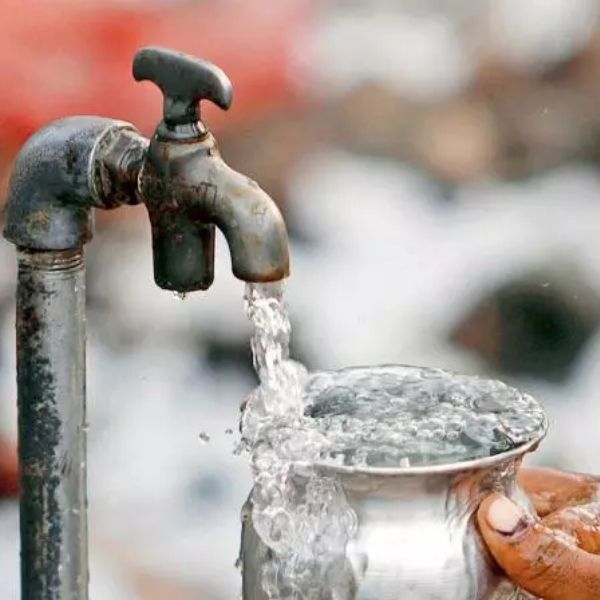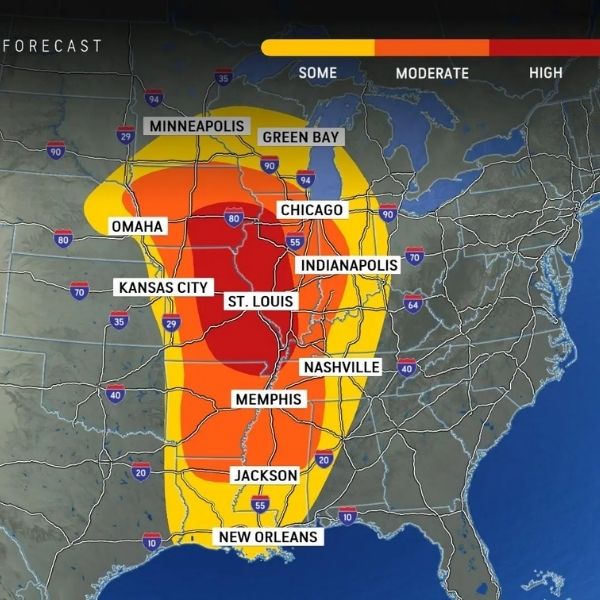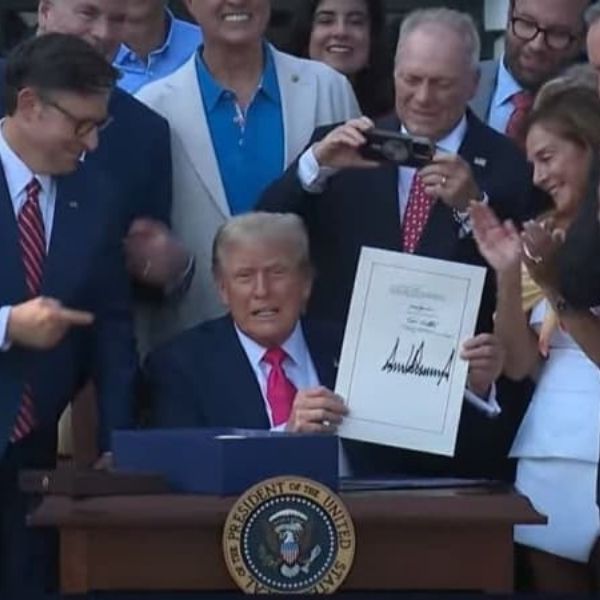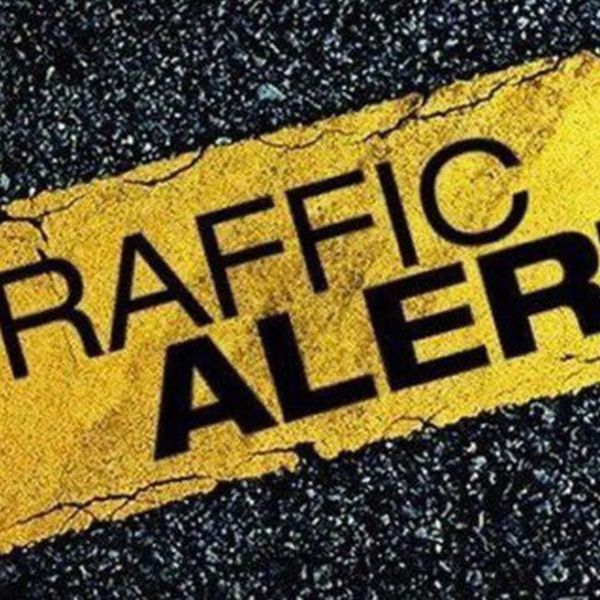Lawmakers from New Mexico and Colorado are joining forces to address the ongoing drinking water crisis in Native American communities—calling the current conditions “completely unacceptable.”
According to the Utah News Dispatch, U.S. Senator Martin Heinrich (New Mexico) introduced the Tribal Access to Clean Water Act, with support from Colorado Senators Michael Bennet and John Hickenlooper. The bill aims to expand funding and support for water infrastructure, maintenance, and technical assistance in tribal areas.
“Nearly half of Native American households lack access to clean and reliable water supplies. That is completely unacceptable,” Heinrich said in a press release.
The bill highlights that public health in Indian Tribes and the Native Hawaiian Community continues to fall behind the rest of the country—due in large part to inadequate access to clean, running water.
Alarming Disparities in Access
Recent data from the U.S. Department of Health and Human Services shows:
-
Native American households are 19 times more likely to lack indoor plumbing than white households.
-
In Navajo Nation, residents are 67 times more likely to go without running water.
-
On Hopi land, 75% of residents rely on contaminated drinking water.
These conditions increase the risk of waterborne illnesses like cholera, dysentery, and hepatitis—threatening the health of children, elders, and entire communities. The consequences extend beyond health, contributing to economic hardships, rising medical costs, and weaker agricultural production.
Legislation Aims to Break Down Barriers
The proposed legislation seeks to:
-
Eliminate barriers that prevent Tribes from accessing federal water programs
-
Fund and accelerate long-overdue water infrastructure projects
-
Offer technical support to tribal governments and communities
“By addressing a significant backlog of infrastructure projects and removing barriers to federal programs… this legislation is an important step toward delivering clean drinking water to all families in Indian Country,” Heinrich said.
If passed, the Tribal Access to Clean Water Act could represent a major step forward in closing one of the most glaring public health gaps in the U.S.
This article has been carefully fact-checked by our editorial team to ensure accuracy and eliminate any misleading information. We are committed to maintaining the highest standards of integrity in our content.

Katie is a senior who has been on staff for three years. Her favorite type of stories to write is reviews and features. Katie’s favorite ice cream flavor is strawberry.















Leave a Reply